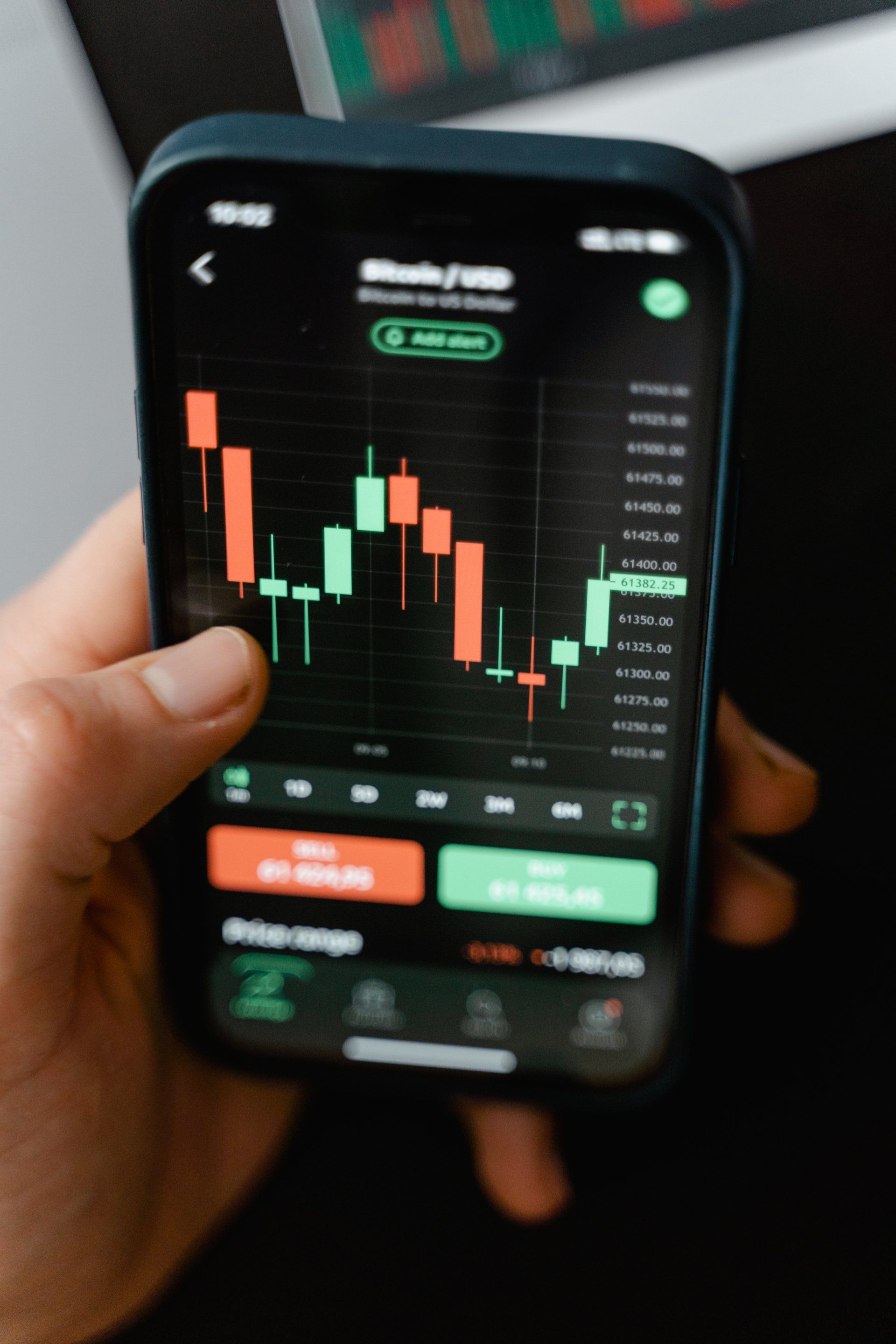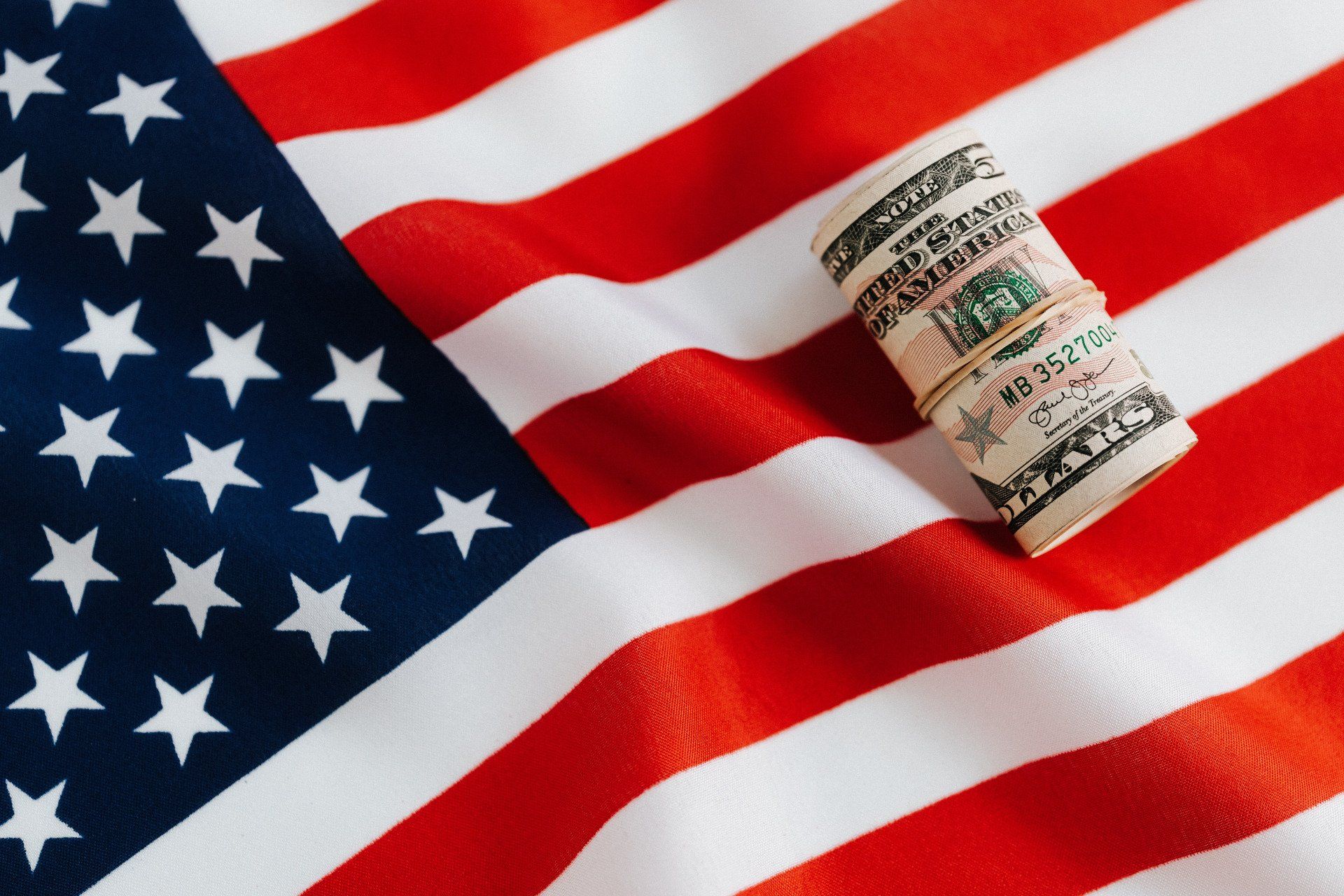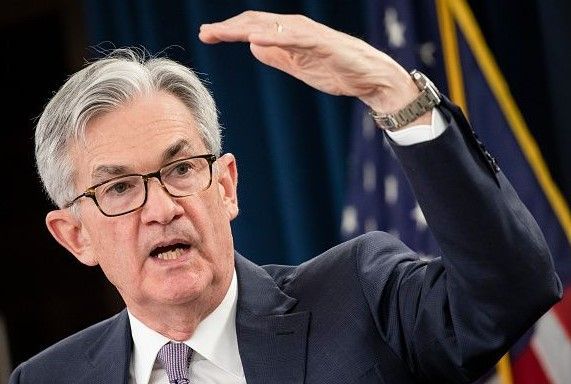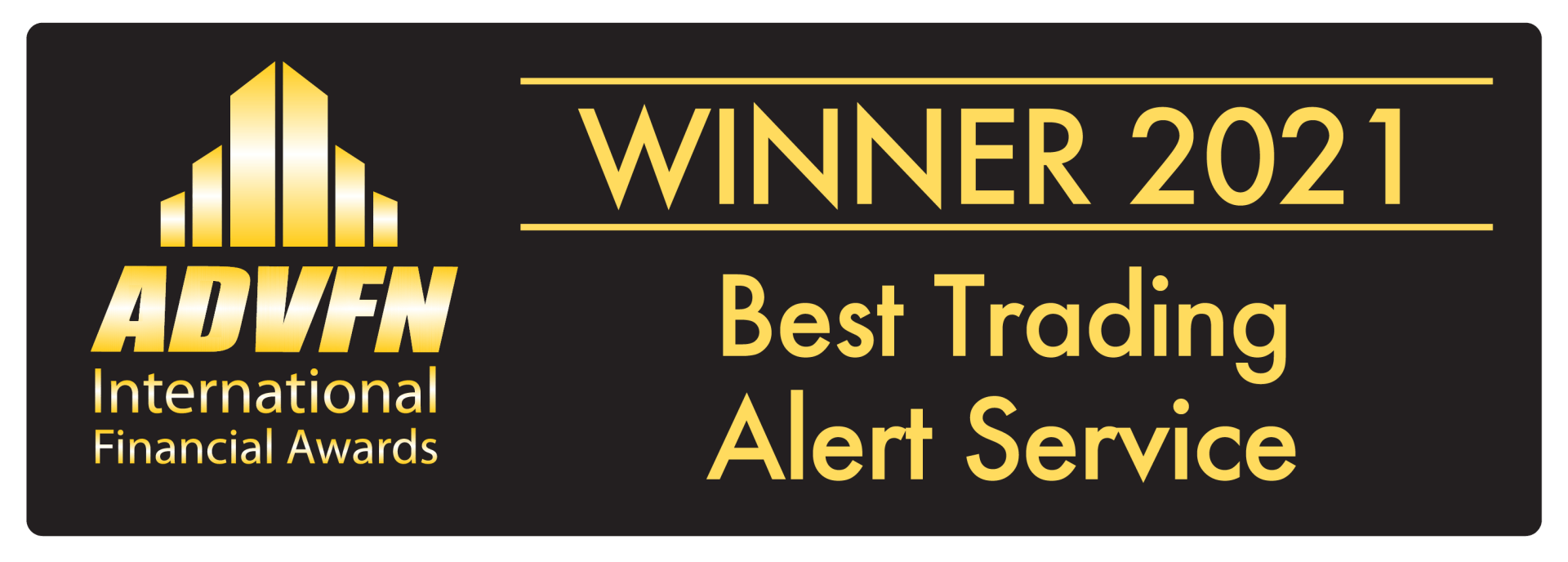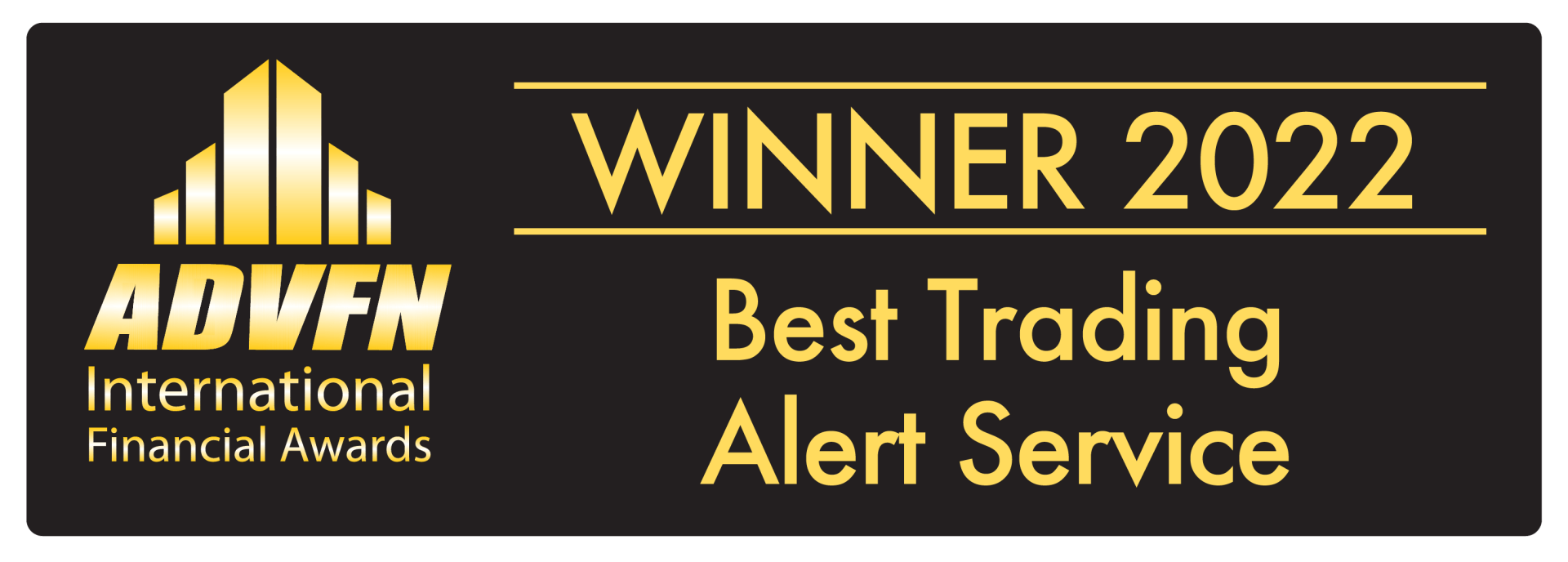Controlling trader emotions
If you want to perform at your best, in any discipline, you practice. Practice makes perfect as they say!
In fact practice and iteration is proven to increase muscle memory which means mentally the task or activity becomes second nature and makes it easier to perform.
But is practice enough? When it comes to trading we believe there are
two levels of practice, both of which you have to go through to become successful.
Why? Well here are a couple of scenarios that we often see:
“I’ve been trading on Sim and it’s been going well, overall I’m making money. Sure I make some losing trades but overall I'm in profit. But when I start trading live, all the things I was doing before don’t seem to work! I quickly lose money and don’t seem to be able to make it back”
“I’m trading live and making consistent profits. I will make 5 or 6 profitable trades in a row then the next trade goes against me and I end up giving all that hard earned profit back!”
Sound familiar?
It does to a lot of traders.
The difference between trading on Sim and trading Live is big, very big. In fact, we’d say that
trading on Sim only gives you 50% of the experience that you need to trade Live profitably.
Think of an athlete preparing for a 100m sprint. In training they can practice their start out of the blocks, their acceleration up to full speed and their flat out run to cross the finish line. They can do it again and again until it becomes second nature and they are consistently hitting a certain time.
But when it comes to the actual competition and they get to the race they will find it’s a different track, there’s a different starter, the weather and wind conditions will be different, they will have different competitors alongside them etc. etc. and those are just the physical aspects. The biggest difference is that there is not a lot of time to think during a competition.
Your brain can’t handle the pressure of the competition and thinking about it. If you do too much thinking then your brain starts overanalyzing what you are doing, your heart rate goes up and you can’t let go of your mistakes, you fixate on them.
It’s the same with trading which is why it’s easy to get into a
spiral of losses on the day and then when you analyze your performance afterwards you’re not quite sure why you took the actions that you did! Sound familiar?
So for the sprinter to be successful and achieve the time they are capable of they have to run their own race and block everything else out. Of course mental exercises work but there’s no substitute for experiencing those different stadiums with different tracks, alongside different competitors time and time again.
That’s the rub.
Whatever you’re training for, you only get better when you experience it in the ‘live’ environment.
If you were training for a marathon you’d sign up for at least a couple of half marathons to fully experience race conditions. It makes sense right?
And so it is with trading. Sure, in Sim mode you can hone your strategy so you know how to spot a set up, where to get in and when to get out. But until you are doing it with money at stake it just isn’t the same.
When your money is on the line your emotions kick in which can impair your judgment and decision making.
So once you’re happy that you have a trading strategy that works and you know how to execute it in Sim you have to move to
Live training.
Ok so
Live training sounds like a bit like an oxymoron but bear with me here:
You have to train your brain to cope with the emotion of risking money!
You may want to read that line again!
Imagine sitting on a plane ready for take off when you hear the pilot over the intercom welcoming you aboard then telling you this is their first real flight but don’t worry they’ve done hundreds of them on a flight simulator.
You wouldn’t be happy would you?
And that’s because you know that flying in a simulator is not quite the same as flying an actual plane.
So don’t give yourself too hard a time if your live trading isn’t going well. Ask yourself:
- Have you done your Sim training? Do you have a clear strategy that you can apply consistently? Do you know which setups you will trade and which ones you won’t? (remember, never do anything live that you’re not 100% happy with on Sim)
- Have you tried trading live with low risk? (a single micro e-mini is a good place to start). When you’re trading live are you applying your strategy consistently? It’s easy to close a position quickly when things look like they aren’t going your way or open a new position when you see the market moving quickly but would you have done that in Sim? Does it conform to your trading plan? If not, why not?
If you’re behaving differently in the live environment versus the Sim environment it’s likely because your emotions are getting the better of you. Consider doing a journal of your emotions throughout your trading session. It’s these emotions that you need to learn to control.
How do you control your emotions? Well it all starts with having a solid foundation so you need a good trading strategy. You need an approach that you are comfortable with and can apply consistently no matter what the markets are doing. If you’ve got that solid foundation then it’s all about changing how you are thinking.
Your thoughts drive your feelings and your feelings drive your actions. So if you are doing things that aren’t consistent with your strategy then you need to break the
thought-feeling-action cycle. If you talk to a psychologist or mindfulness coach they will, I'm sure, give you many exercises that you can do.
But you know what works for most traders?
Just doing something else.
When you can feel the adrenaline rushing and you’re about to do something that you wouldn’t do in Sim because ‘you’ve got a great feeling about it’,
just walk away from your computer. Get a drink, look out of the window, let the dog out, do some push-ups, whatever you want basically, just anything to disrupt your thinking pattern. Once you've taken a few minutes out then you can come back to your PC and guess what? Everything will seem a little bit calmer, just taking yourself away from the screen will allow you to control your thoughts.
And if you have a good strategy then you know what your entry and exit points are so you shouldn’t be messing around too much during the trade. Try sitting further away from the computer or push the mouse out of reach to stop you meddling. Again these simple things can stop you going into autopilot and responding to those chemicals in your brain.
Remember, you’ll make mistakes and that’s ok. Mistakes aren’t in themselves bad. They don’t make you a bad person. They are just a natural part of the feedback loop to help you improve.
But if you don’t spend the time to learn from those mistakes and improve, well the only one you’re hurting is yourself!
As a wise man once said:
“During my career, I missed more shots than I made, but I never stopped playing hard because I was having a bad day. The only way to avoid missing shots is to stop shooting. Don’t be afraid to fail. You have to try to succeed and you can’t succeed if you are afraid to try”.
Michael Jordan
All comments are personal opinions only and not intended as investment or trading advice. Inteligex accepts no liability or responsibility whatsoever for any loss or damage resulting from the use of Inteligex products, services or opinions incurred while trading or investing.

